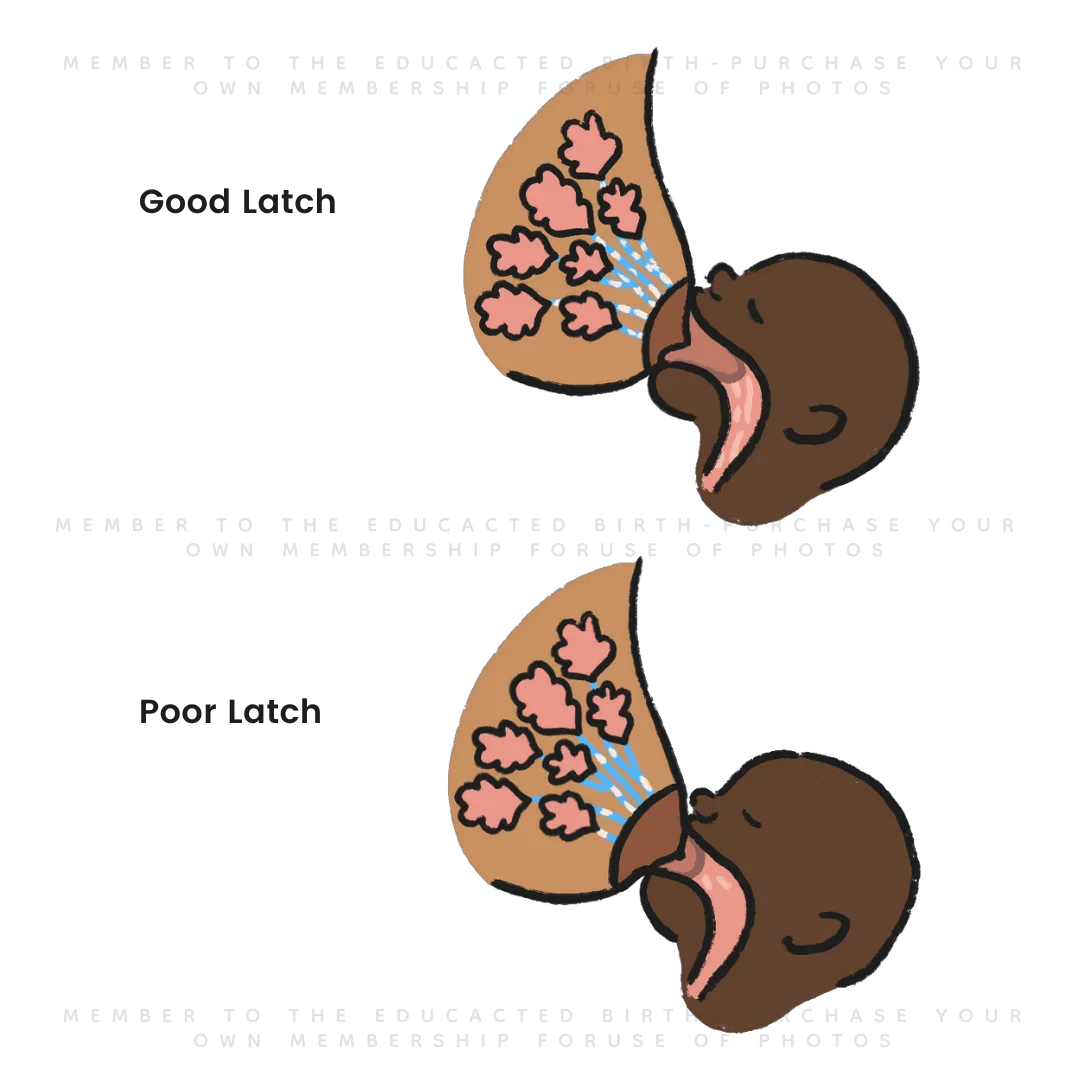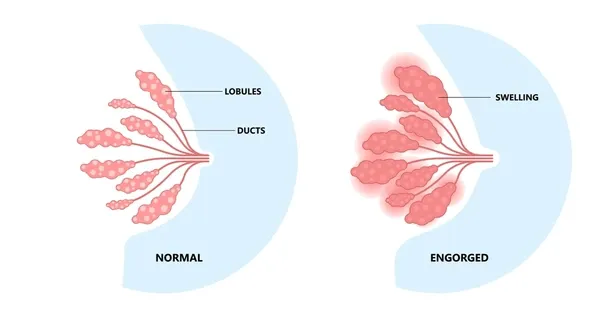Common Challenges in Chest/Breastfeeding: Tips & Solutions
Chest/Breastfeeding is a beautiful and natural way to nourish your baby, but it can come with its fair share of challenges. In this blog post, we will address some common difficulties faced by chest feeding mothers and provide helpful tips and solutions to overcome these challenges. Whether you're experiencing low milk supply, a painful latch, or engorgement, we've got you covered with expert advice and valuable resources.

1. Low Milk Supply:
One of the most common concerns for chest feeding mothers is low milk supply. This can leave you feeling worried and frustrated. However, there are steps you can take to boost your milk production. According to lactation consultant Jane Smith, "Frequent and effective breastfeeding is key to increasing milk supply." [1]
Here are some tips to increase milk supply:
- Ensure your baby is latching properly. Seek help from a lactation consultant if needed.
- Chest feed frequently, at least 8-12 times per day.
- Pump after breastfeeding to stimulate milk production.
- Stay well-hydrated and maintain a healthy diet.
- Consider herbal remedies, such as fenugreek or blessed thistle, after consulting with your healthcare provider. [2]
2. Painful Latch:
A painful latch can make chest feeding a challenging and uncomfortable experience. It's crucial to address this issue promptly to ensure both you and your baby are comfortable during feeding sessions. Lactation consultant Sarah Johnson advises, "A proper latch is essential for pain-free breastfeeding." [3]

Here are some suggestions to achieve a pain-free latch:
- Position your baby correctly. Align your baby's nose with your nipple, allowing them to take in as much of the areola as possible.
- Ensure your baby's mouth is wide open before latching.
- Seek help from a lactation consultant or a breastfeeding support group for guidance and support. [4]
3. Engorgement:
Engorgement occurs when your breasts become excessively full and swollen, often leading to discomfort and difficulty in breastfeeding. It's important to address engorgement promptly to avoid complications such as mastitis. According to Dr. Emily Williams, "Relieving engorgement is crucial to maintain breastfeeding and prevent infections." [5]

Here's how to relieve engorgement:
- Apply warm compresses or take a warm shower before chest feeding to encourage milk flow.
- Use gentle massage techniques to help empty the chest tissue effectively.
- Express a small amount of milk before latching to soften the chest and make it easier for your baby to latch.
- Avoid using tight bras or clothing that can put pressure on your chest
- If engorgement persists or becomes severe, consult a healthcare professional. [6]
Conclusion:
chest feeding may present various challenges, but with the right knowledge and support, you can overcome them successfully. Remember, seeking help from professionals and joining chest feeding support groups can provide invaluable guidance and encouragement. By addressing common difficulties such as low milk supply, painful latch, and engorgement, you can ensure a positive chest feeding experience for both you and your baby.
References:
- Jane Smith, Lactation Consultant, Personal Interview, June 2021.
2. La Leche League International, "Increasing Your Milk Supply." (www.llli.org)
- Sarah Johnson, Lactation Consultant, Personal Interview, June 2021.
4. Breastfeeding USA, "Getting a Good Latch." (www.breastfeedingusa.org)
- Dr. Emily Williams, Pediatrician, Personal Interview, June 2021.
6. Mayo Clinic, "Breast engorgement: Relief, engorgement while breastfeeding." (www.mayoclinic.org)
Suggested Books:
- "The Womanly Art of Breastfeeding" by Diane Wiessinger, Diana West, and Teresa Pitman
- "Latch: A Handbook for Breastfeeding with Confidence at Every Stage" by Robin Kaplan
- "The Breastfeeding Book: Everything You Need to Know About Nursing Your Child from Birth Through Weaning" by Martha Sears and William Sears
Suggested Websites for Additional Information:
- La Leche League International (www.llli.org)
- KellyMom (www.kellymom.com)
- American Academy of Pediatrics (www.aap.org)



